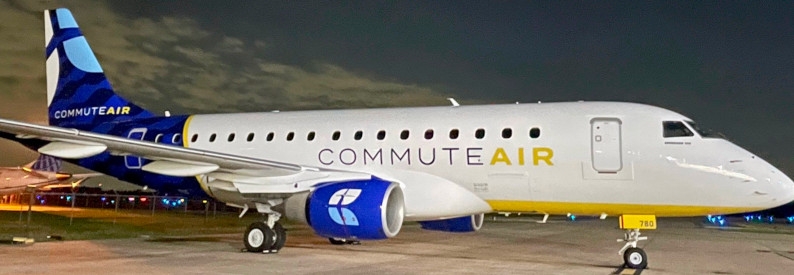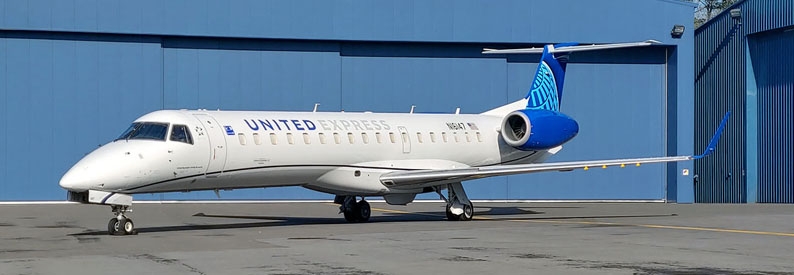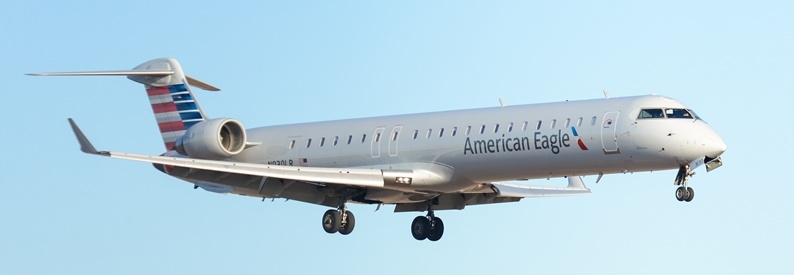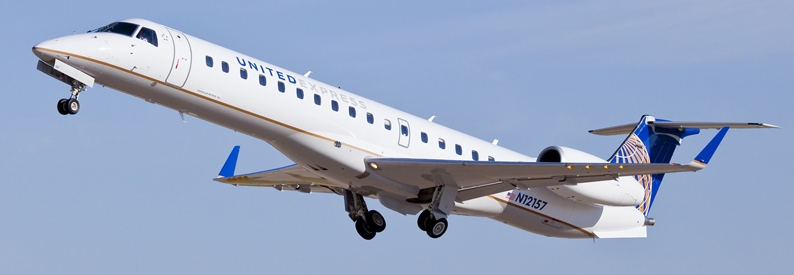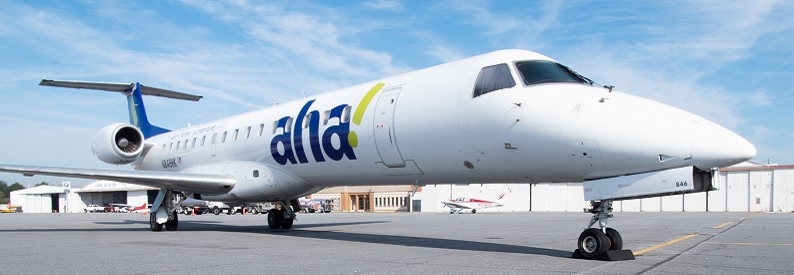CommuteAir (C5, Cleveland Hopkins) has been issued a certificate of public convenience and necessity to engage in interstate charters ferrying passengers, property, and mail, according to a regulatory filing by the United States Department of Transportation (DOT).
By order on March 10, 2023, the DOT declared that CommuteAir is a citizen of the United States that was "fit, willing, and able" to engage in interstate charter operations, subject to certain conditions.
According to its application on October 26, 2022, CommuteAir intends to use one E175 for training purposes and single entity limited charter services. Co-founder and executive chairman John Sullivan was not immediately available for comment.
Like other regional carriers, CommuteAir is looking to address the pilot training pipeline amid a severe shortage of experienced captains plaguing the regional sector and seriously impacting smaller communities.
CommuteAir currently provides scheduled operations as a commuter air carrier under Part 298 of the DOT's regulations and Part 121 of federal aviation regulations. It currently serves small to medium-sized communities in the US, Canada, and Mexico operating a fleet of sixty-four fifty-seater E145s under the United Express flag as a capacity provider for United Airlines (UA, Chicago O'Hare), which also owns 40% of the airline, the rest being owned by Champlain Enterprises (for its part, majority owned by Sullivan). United Airlines is phasing out single-cabin E145s and CRJ200s by 2026.
A financial statement provided revealed the carrier had a net income of USD6.15 million on operating revenue of USD249.63 million for the 11 months ending November 30, 2022. Its balance sheet during the same period showed assets and current liabilities of USD66.38 million and USD32.72 million, respectively, giving it a positive working capital of USD33.66 million.
CummuteAir submitted a forecast of USD1.49 million in pre-operating expenses, including aircraft rental. It expects to incur USD5.04 million in first-year operating expenses. The DOT surmised it would need USD2.75 million to meet its financial fitness criteria, and the company provided proof that it has about USD2.15 million in cash and USD30.15 million in an investment account with the Bank of America.
The DOT's approval remains subject to CommuteAir obtaining appropriate approvals from the Federal Aviation Administration (FAA) and insurance for large aircraft operations.
